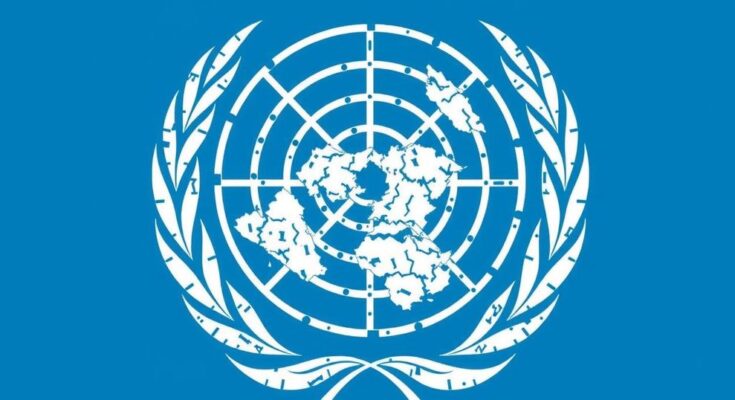Ahead of the UN Human Rights Committee’s session, bianet has submitted a shadow report exposing serious human rights violations in Turkey, particularly regarding freedom of expression and violence against women. Key findings include alarming statistics on press freedom and gender violence, alongside recommendations for urgent legal reforms and the need to address systemic deficiencies in the justice system.
In anticipation of the UN Human Rights Committee’s session in Geneva from October 14 to November 7, bianet has submitted a shadow report addressing human rights violations in Turkey. The Committee will assess several nations, including Turkey, as part of its review of adherence to the International Covenant on Civil and Political Rights (ICCPR). Critical discussions on Turkey’s second periodic report are set for October 23-24, 2023. The 25-page shadow report highlights issues primarily surrounding freedom of expression, detailing the country’s deteriorating status in this regard. It identifies significant violations stemming from legislation that restricts media freedoms, the roles of state actors in perpetuating these issues, and the impact of judicial systems that silence dissenting voices. Key indicators underscore the severity of Turkey’s situation. As revealed by the European Court of Human Rights (ECHR), Turkey accounts for a staggering 38% of freedom of expression violations among 47 countries. Additionally, the Reporters Without Borders (RSF) index places Turkey at an alarming 165th out of 180 nations, illustrating a continuous decline in press freedom. The report critiques vague legislation that grants excessive power to authorities, which exacerbates restrictions on free speech. Despite recommendations from the Committee in 2012 to protect journalists, Turkey has seen ongoing defamation suits and anti-terror laws being misused to combat critical journalism, creating a chilling environment for media professionals. Judicial interference has markedly increased, with cases of hatred incitement and defamation of state entities becoming prevalent. The environment for journalists worsened sharply, with 55 imprisoned in the first quarter of 2024. This illustrates an ongoing trend of suppressing press freedoms, undermining the fundamental rights established under international law. Executive-level interventions severely restrict media freedoms, through content removals, fines, and crackdowns on journalists. Institutions like the Information and Communication Technologies Authority (BTK) enforce these measures, and assaults on journalists have become more frequent. Reports highlight the dangerous conditions under which journalists operate, with little governmental support to ensure their safety. The assaults on press freedoms significantly escalated during Turkey’s state of emergency from 2016 to 2018, leading to the closures of numerous media outlets. Of the 204 shut down, very few managed to resume activities, highlighting the lasting impact of these measures and the challenges of media survival in Turkey’s climate of fear. On the issue of gender-based violence, the report notes that despite protective laws, violence against women remains rampant. In 2023 alone, 233 women were killed in their homes by men, calling attention to systemic failures in protecting women and effectively implementing legal measures against domestic violence. To address these multitude of violations, bianet’s report demands urgent reforms to safeguard freedom of expression, hold accountable those committing violence against journalists, and enhance judicial accountability. They advocate for independent oversight of media regulatory bodies and a reinstatement of legal protections for women as part of an emergency overhaul of litigation concerning gender violence. Turkey’s compliance with the ICCPR has been scrutinized historically, marked by significant delays in reporting to the Human Rights Committee. Previously required to submit a report in 2016, Turkey only delivered its update in 2022, reflecting an ongoing reluctance to address human rights issues adequately.
As the international community gears up to engage Turkey during the UN Human Rights Committee’s session, the shadow report by bianet serves as a critical lens into the myriad human rights issues plaguing the nation. With a stark focus on freedom of expression and gender-based violence, this report reveals the harsh realities facing journalists and women in Turkey, further emphasizing the need for legal reform and accountability. The inclusion of Turkey in this significant review underscores the urgency surrounding these discussions on human rights compliance.
In summary, bianet’s shadow report paints a dire picture of human rights in Turkey, emphasizing the need for substantial reforms to protect freedom of expression and ensure the safety of women. The continuing violations and oppressive measures against journalists illustrate a concerning disregard for fundamental rights. As the UN Human Rights Committee prepares its assessment, the report lays bare the urgent necessity for transformative changes to uphold human dignity and rights in Turkey.
Original Source: bianet.org



